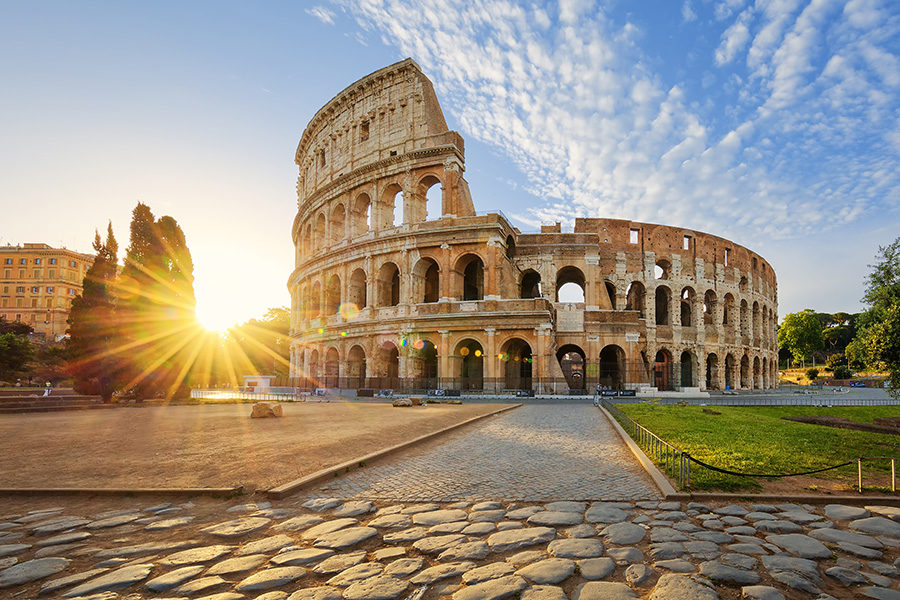Italian MEP raises questions on EU esports regulation after ADM clampdown

Marco Zanni has asked the EU Parliament to verify whether the Italian regulator’s closure of esports venues conflicts with EU rules.
Italy.- An Italian MEP has sought clarification of the EU’s position on esports events after Italy’s customs and monopolies agency, ADM, which regulates gambling in the country, closed down three esports venues in April. He fears the ADM’s actions may hinder free-market competition between companies from different EU states
The ADM’s clampdown, which has been dubbed LAN-gate, has been criticised by organisers. They say it was triggered by Sergio Milesi, chief executive of Italian amusement arcade operator LED SRL, in a bid to stifle competition while the company prepares to launch its own venues.
LAN (local area network) events are in-person esports events in which everyone participating plays on the same local network. Italian MEP Marco Zanni, president of the EU parliamentary group Identity and Democracy, said there was a risk of EU member states creating regulatory divergences in the LAN and esports sector and has asked the EU what it plans to do to differentiate esports from gambling.
He told the EU Parliament: “Over the last few years, there has been a sharp increase in the phenomenon of esports – electronic competitions organised on video games. As a result, there has been a growth in the number of LAN lounges and esports bars; meeting places where the highest quality hardware is available for the public to play at high performance in environments that promote sociability and integration.”
He detailed the particular case of Italy, explaining: “On April 29, 2022, in Italy, the Customs and Monopoly Agency arranged for the seizure of gaming equipment at three LAN-lounges, claiming a lack of compliance with legislation that applies to VLT and similar devices but which cannot be applied to PCs and consoles normally used for consumer and esports videogames.”
He went on to ask: “Considering that in the European Union there is currently no specific legislation regulating esports in general or LAN rooms, and that to date the only country that has introduced a law to distinguish between esports and gambling is France; considering also the technological advancement of the sector, which in Europe employs about 87,000 people and the importance it has assumed in the European market, can the Commission clarify whether it is aware of the problem encountered in Italy and if it believes that the decision taken by the ADM is contrary to the rules of the internal market?“
He also asked for clarification about whether “there is no risk, without a Community directive, of having member states with significant regulatory divergences in a sector that, being digitally native, tends to be without territorial barriers”.
Finaly Zanni asked what actions the EU plans “to regulate the sector, in such a way as to distinguish esports from gambling and to avoid the creation of competition between companies in different states on the basis of local legislation, placing those that are growing in dominant positions in states with more modern regulation”.
Italian gaming reorganisation
In February, Italy’s Ministry of Economy and Finance drafted a preliminary reorganisation plan to revamp market safeguards in Italy’s betting market. It came as operators continued to wait for a definitive answer from the Customs and Monopolies Agency (ADM) on licence expirations.
The plan mentions reducing stake and win limits, but does not go into detail on the amounts or what verticals they would apply to. It also wants to impose a central player registry with which all problem-gambling self-exclusion schemes and licensed operators must integrate.
Meanwhile, Italy’s undersecretary for sports Valentina Vezzali is currently seeking to convince the country’s fiscal ministries of her proposal for a permanent 1 per cent tax on sports betting revenue.











